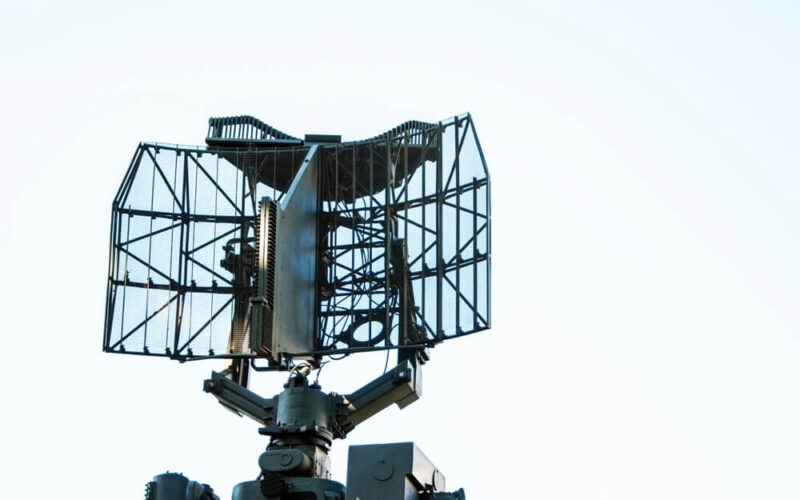Ireland will no longer solely rely on the British Royal Air Forces to monitor and defend its airspace following its decision to purchase a primary surveillance radar system, a capability that Ireland did not previously possess.
Investment in modern radar systems was advised as part of the Irish Parliamentary Commission on the Defence Forces (CODF) report released in February 2022.
“The Commission believes that the development of a primary radar capability should be an immediate and top priority for the Air Corps,” the report outlined.
The primary radar system, which will track suspicious aircraft and drones across the Irish airspace, is projected to cost around €300 million, The Journal reported.
While the type of military radar has not been confirmed, The Journal noted that the Irish Defence Forces aims to purchase a new generation system with at least 200 nautical miles (370 kilometers) of detection range. The radar system would also require at least three location facilities. These surveillance systems are typically located on control towers or other strategic locations.
Limited air defense capability
Historically, Ireland has chosen to adopt a ‘neutral’ stance on the international scene alongside several other countries in Europe, such as Switzerland and Belgium.
The Irish Air Corps has not owned a combat jet since 1998, when the Light Strike Squadron, operating on second-hand French Fouga CM170 Magisters, was disbanded. It also lacked a national radar system.
Both capacity gaps make Ireland “probably the most vulnerable” state in Europe, former Irish air corps head General Ralph James noted during the Irish security summit Slándáil 2020.
Therefore, the country has since been relying solely on the British Royal Air Force to defend the sovereignty of its airspace.
Change in historical air neutrality
The limited capability of the Irish Air Corps has been the subject of debate for quite some time. But this became more notable when the country raised concerns about its limited air defense capabilities after Russia announced that its navy would hold military drills 240km (150 miles) off the southwest coast of Ireland in January 2022.
While permitted under international law, the exercises would have had an impact on both fishing and air operations in the area.
“We don’t have the power to prevent this happening, but certainly I’ve made it clear to the Russian ambassador in Ireland that it’s not welcome,” said Irish Foreign Minister Simon Coveney at a time when tensions were building up in Ukraine.
Russia eventually agreed to relocate the exercises.
After the diplomatic incident, the government allocated €1.1 billion to defense, as outlined in the Budget 2023, representing an increase of €67 million on the corresponding 2022 budget allocation.
“This provides a financial platform for the Defence Sector to initiate the required transformation, as recommended by the Commission on the Defence Forces,” according to a report.

